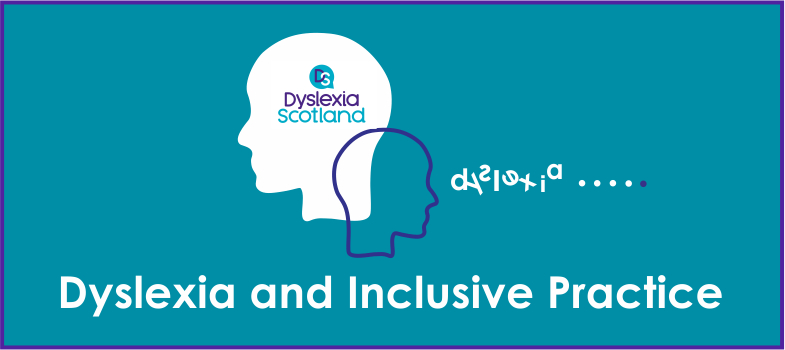1.4 The Impact of Dyslexia
Dyslexia can have positive and negative impacts on children, young people, parents/carers and school staff. In both children and adults, when dyslexia is unidentified or unsupported the negative impact can be high.
Activity 2 Reflective log
Think about your own experience of working with learners with dyslexia.
This is the list of factors associated with dyslexia that we identified as having an impact on individuals.
| Creativity | Spatial awareness | Frustration |
| De-motivation | Social skills | Resilience |
| Relationship difficulties | Lower achievement and attainment | Isolation |
| Low self-esteem | Ridicule | Mental health |
| Attention to detail | Problem solving | Depression |
| Fewer qualifications | Determination | Stress |
| Anger | Feeling different |
In your reflective log note down some of the factors that have a positive impact and some which are negative.
Click 'Discussion' to see what we thought. Do note that these factors are contextual and there is no right or wrong answer.
Discussion
| Positive impact | Negative impact | Positive and negative impact |
|---|---|---|
| Creativity | Frustration | Social skills |
| Spatial awareness | Anger | |
| Verbal skills | Isolation | |
| Holistic thinking | Low self-esteem | |
| Attention to detail | Ridiculed | |
| Problem solving | Mental health issues | |
| Practical tasks | Depression | |
| Determination | Fewer qualifications | |
| Resilience | Stress | |
| Feeling different | ||
| De-motivation | ||
| Relationship difficulties | ||
| Anxiety | ||
| Perfectionist | ||
| Lower achievement and attainment outcomes |
Every child is different and dyslexia will affect them in different ways. It is important to understand that there are both positive and negative aspects and that children and young people may need support to recognise and appreciate their strengths. Their strengths can often be key factors in helping them overcome the barriers they experience.
Positive aspects of dyslexia
There can be positive things about dyslexia which might include:
Can be very creative and enjoy practical tasks
Can have strong visual thinking skills e.g. seeing and thinking in 3D, visualising a structure from plans
Can have good verbal skills and good social interaction and like being with people
Can be good at problem solving, thinking outside the box, seeing the whole picture.
Negative aspects of dyslexia
The negative impact of Dyslexia can manifest in a variety of ways:
- When dyslexia is unidentified or unsupported the negative impact can be high – children often lose motivation and become frustrated through the stress of trying to learn, not understanding what dyslexia is and knowing that they are ‘different’ to others because they find difficulty in doing what to others are simple tasks.
- This can lead to acute behavioural problems both at school and at home including bullying and anti-social behaviour, as well as low self-esteem and severe frustration for children not reaching their potential.
- Dyslexia can also impact on parents, families and carers who become distressed that their dependents cannot get the support they need. In both children and adults.
1.3 Dyslexia and inclusive practice
